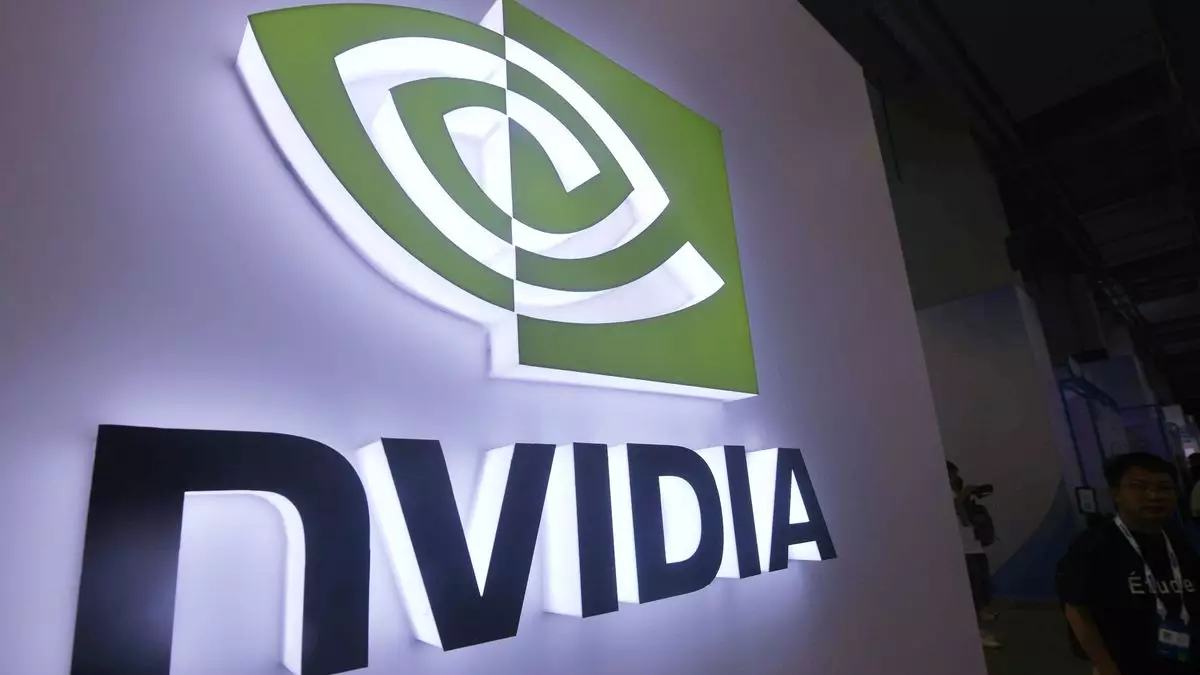Nvidia, a dominant player in the semiconductor industry, has been at the forefront of technological advancements, particularly in graphics processing units (GPUs) and AI-related hardware. The company’s strategic decisions, including its 2020 acquisition of Israeli chip maker Mellanox Technologies for approximately $7 billion, have significantly influenced its growth trajectory. However, the approval of this acquisition by the Chinese government came with stipulations aimed at preventing monopolistic behavior and ensuring a competitive landscape. This context is essential as it sets the stage for China’s recent antitrust investigation targeting Nvidia, which reflects broader geopolitical and economic tensions impacting trade relations.
China’s antitrust laws are designed to promote fair competition and curb the dominance of any single company in the market. The investigation into Nvidia’s practices raises questions about compliance with these regulations, particularly regarding the provisions made during the Mellanox acquisition approval. The stipulation requiring Nvidia to provide non-discriminatory access to Mellanox’s new products for competing Chinese companies highlights the fragility of trust within this critical technological sector. As a market historically favorable to Nvidia, ongoing scrutiny may signal a shift in China’s regulatory approach, asserting a stronger stance against foreign companies perceived to leverage market power unfairly.
In a rapidly evolving landscape, China has actively worked to bolster its own semiconductor capabilities. Domestic companies are increasingly gaining ground, posing a competitive challenge to Nvidia. Just two years back, Nvidia was able to bank approximately 26% of its revenue from the Chinese market, a figure that has now decreased to 17%. This decline underscores the urgent need for Nvidia to navigate not only regulatory challenges but also fierce domestic competition.
The timing of the investigation can also be associated with the ongoing tensions between the United States and China, particularly in technology and trade. The U.S. has imposed several sanctions limiting America’s leading tech companies from dealing with Chinese firms, particularly in sectors involving advanced technology and AI. Nvidia stands at the crossroads of these sanctions and is devising strategies to maintain its market presence in China. Notably, the company’s development of the RTX 4090 D — targeted specifically to meet Chinese market demands under restrictive U.S. regulations — exemplifies its attempts to circumvent limitations. However, such maneuvers may evoke criticism and further retaliatory actions from U.S. authorities.
The U.S. government’s response, articulated by Commerce Secretary Gina Raimondo, reveals a pronounced concern regarding technology leakage and the potential for Chinese firms to capitalize on American innovations. The political landscape is further complicated by China’s countermeasures, which include banning the sale of critical materials like gallium and germanium, essential for semiconductor manufacturing. These responses not only reflect a tit-for-tat strategy but also indicate a systemic shift towards greater self-sufficiency in critical technologies among Chinese manufacturers.
In light of these critical developments, Nvidia must adopt a multifaceted approach to reinforce its market position in China while adhering to compliance standards. The company’s commitment to addressing regulators’ questions and its statement asserting that it “wins on merit” resonates with its efforts to balance operational integrity amidst controversy. However, as competition intensifies and regulations tighten, Nvidia risks losing its foothold unless it can adeptly manage relationships with both governments and local competitors.
To navigate this intricate landscape, Nvidia needs to enhance its engagement strategies in China, fostering collaboration that respects local compliance while still innovating within its global framework. Maintaining transparency and reinforcing commitments to fair competition will be vital in ensuring Nvidia thrives in the face of adversity.
Ultimately, the antitrust investigation serves as a powerful reminder of the intricate ties between technology, regulation, and international relations. As the global semiconductor industry continues to evolve, Nvidia’s response to these challenges will likely influence not only its future but also the larger narrative of global trade dynamics in the tech sector.

